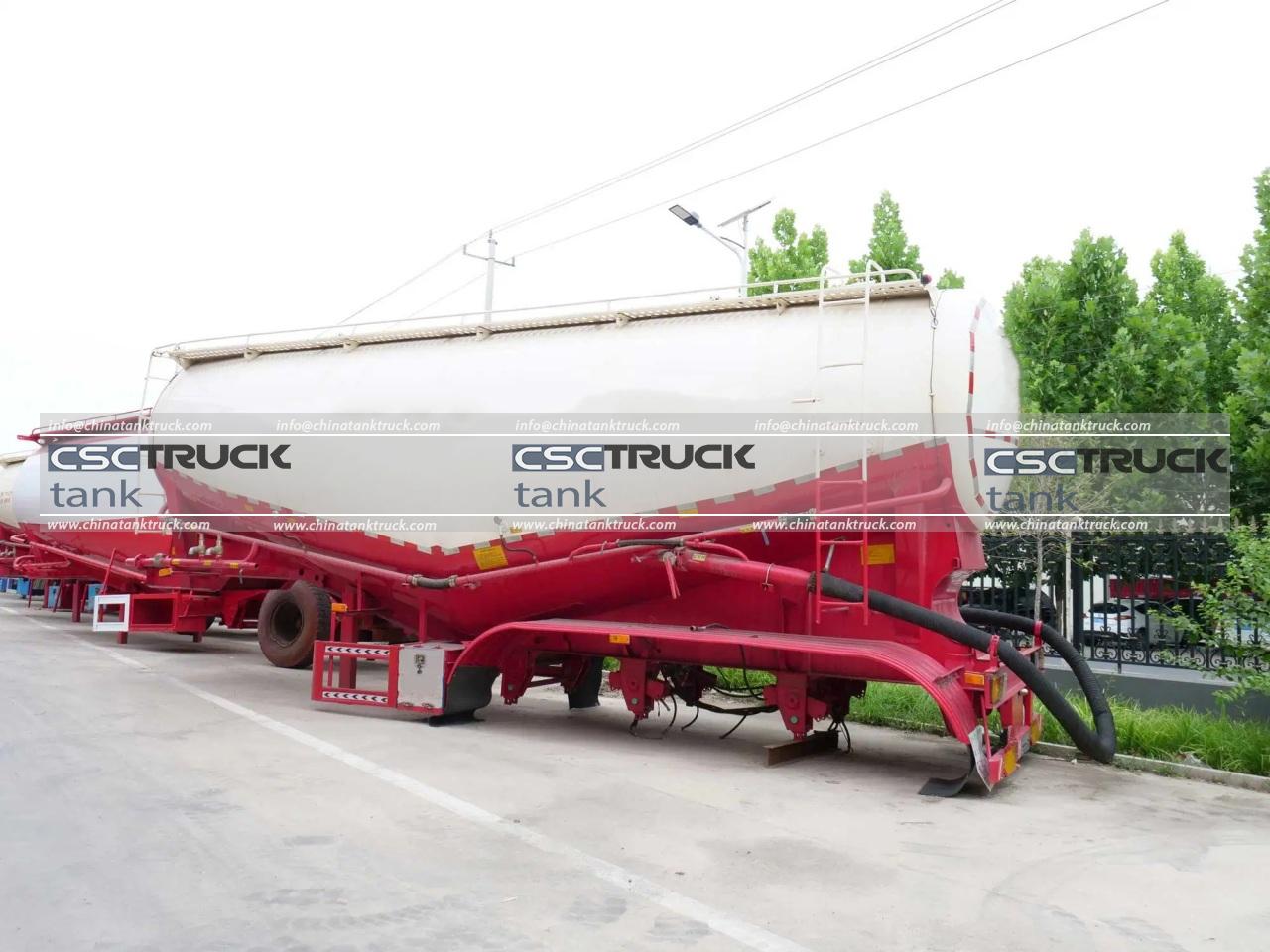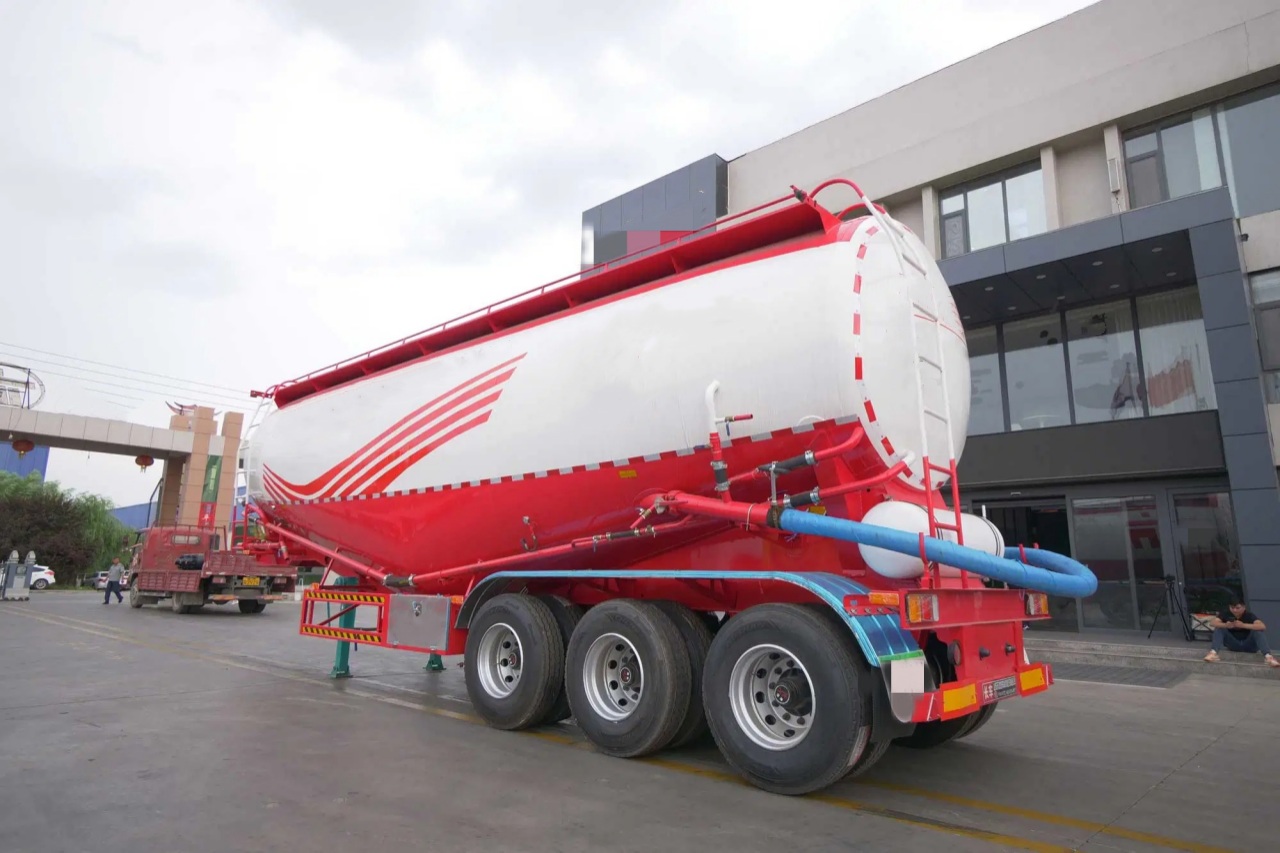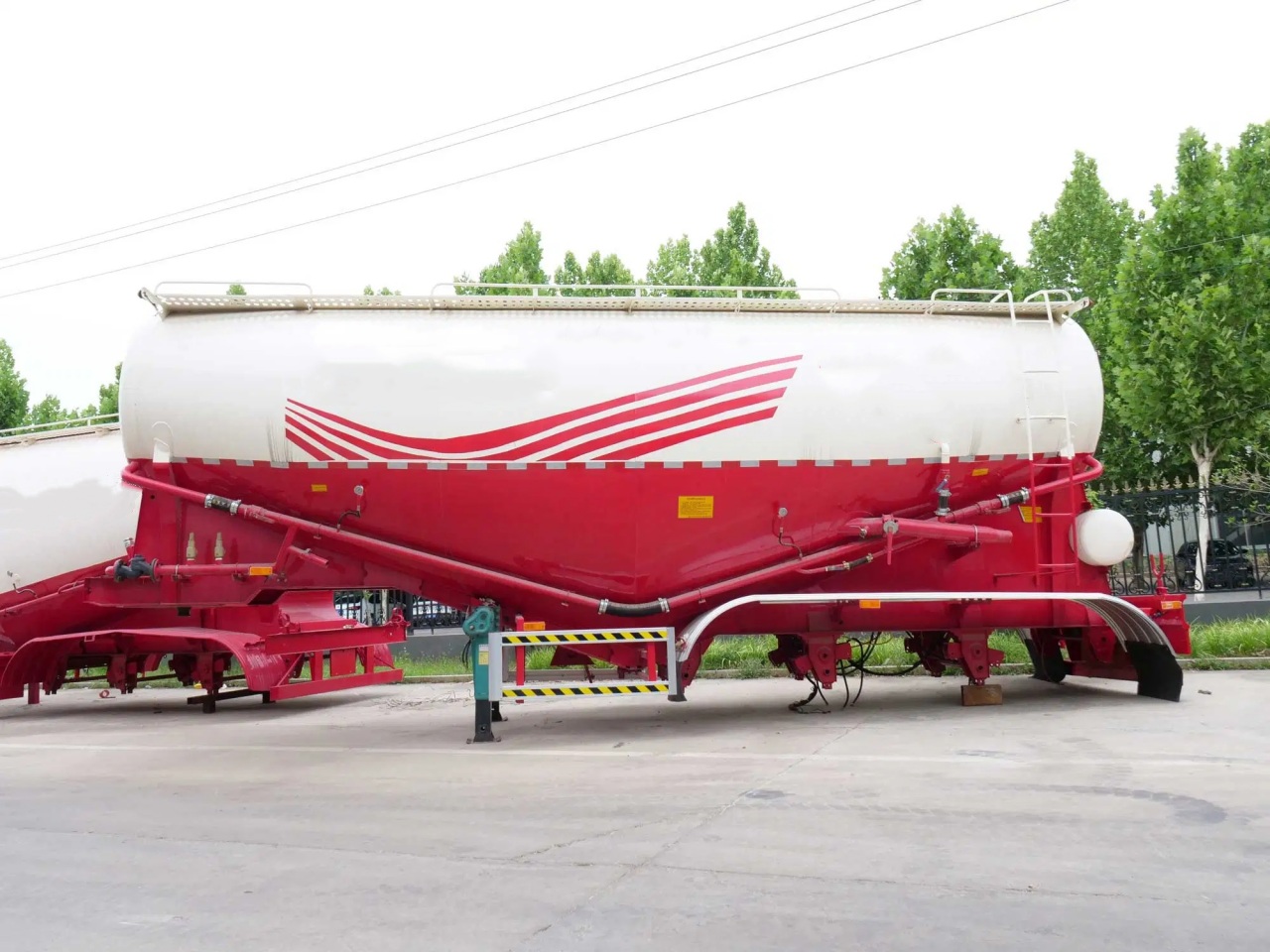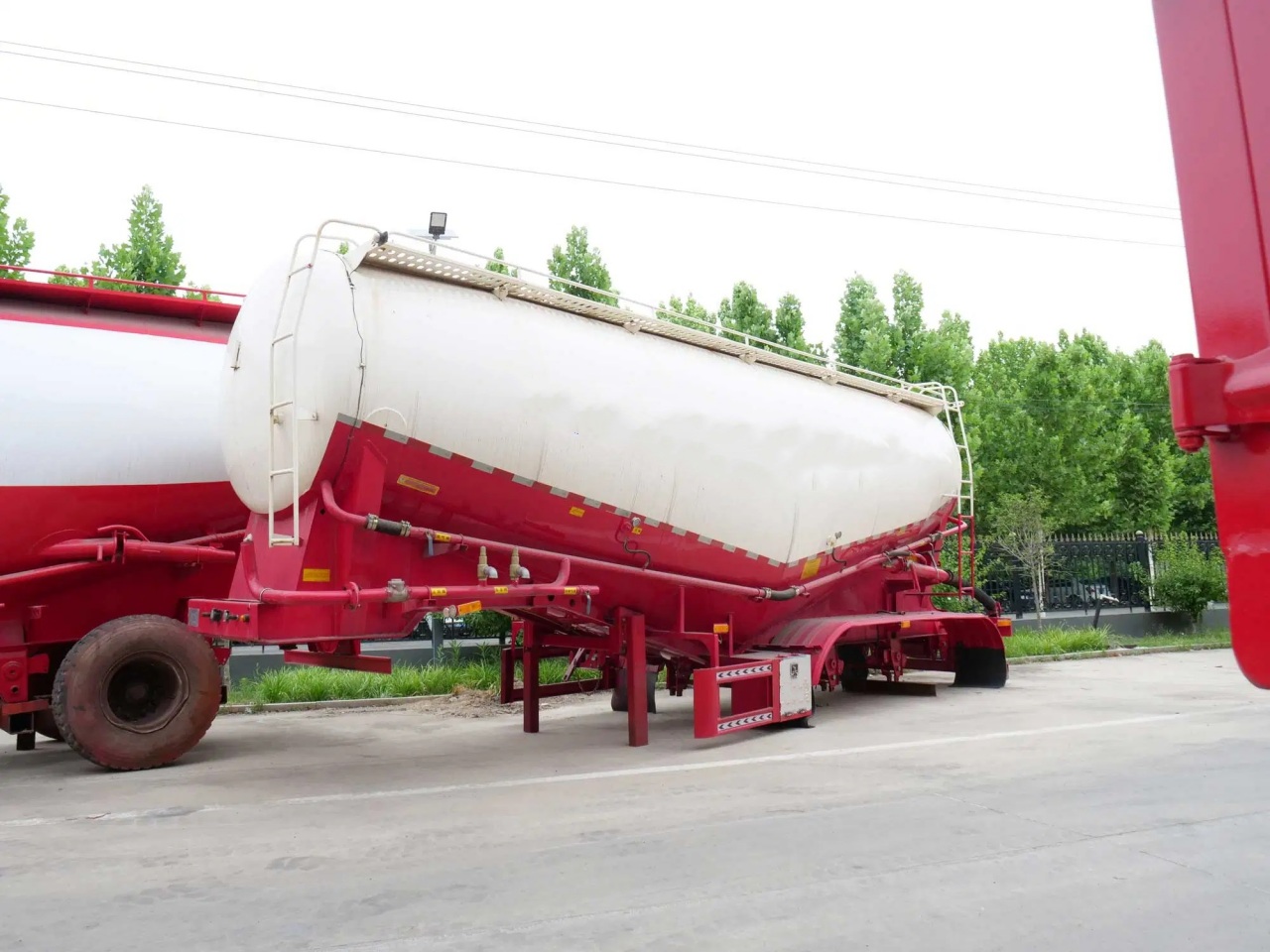When navigating the world of commercial transportation and freight logistics, the term semi-trailer frequently arises. It’s a staple in highways, loading docks, and logistics yards across the globe. But if you’ve ever wondered, “What is another name for a semi-trailer?” — you’re not alone. This article will delve into alternative names for semi-trailers, explore the reasons behind the terminology, examine their types and uses, and discuss their significance in the transport industry.
Understanding the Semi-Trailer
Before identifying its alternate names, it’s crucial to understand what a semi-trailer is. A semi-trailer is a type of trailer that does not have a front axle and relies on a truck (tractor) to bear a substantial portion of its weight. It attaches to the tractor unit via a fifth-wheel coupling, allowing it to pivot during turns. This design makes the semi-trailer more maneuverable and versatile compared to full trailers, which have both front and rear axles.
Semi-trailers come in various configurations, including dry vans, flatbeds, tankers, reefers (refrigerated trailers), and more — each suited for different cargo types.
Common Alternative Names for Semi-Trailers
The terminology surrounding semi-trailers can vary significantly based on regional language, industry, and usage. Here are some of the most common alternative names:
1. Articulated Lorry (UK English)
In the United Kingdom and much of Europe, what Americans call a semi-trailer truck is often referred to as an articulated lorry or simply an “artic.” In this case, the term emphasizes the articulation point — the joint between the tractor and the trailer — which allows the vehicle to bend and navigate turns more efficiently.
2. Tractor-Trailer
This term is common in North America and describes the combination of the towing vehicle (tractor) and the semi-trailer. It reflects the dual components of the rig and is frequently used interchangeably with “semi-truck” or “18-wheeler.”
3. Big Rig
Popular in the United States, “big rig” is a colloquial term that refers to the complete semi-truck and trailer unit. It emphasizes the size and power of these vehicles and is commonly used in trucking culture, media, and conversation.
4. 18-Wheeler
An “18-wheeler” refers specifically to the number of wheels on the tractor and trailer combined — typically ten wheels on the tractor and eight on the trailer. It’s a distinctly American term used synonymously with semi-trailer trucks.
5. Semi-Truck
While “semi-trailer” refers to the trailer portion alone, “semi-truck” typically denotes the combination of the tractor and trailer. It is one of the most common expressions in the U.S., and though technically imprecise, it’s widely accepted.
6. Combination Vehicle
In technical and regulatory contexts, particularly in the United States Department of Transportation (DOT) terminology, the term “combination vehicle” is used. This includes any vehicle with more than one unit, such as a tractor and semi-trailer.
7. Truck and Trailer
In everyday language, especially among drivers and dispatchers, the phrase “truck and trailer” is often used. It’s a broad term and may also refer to other configurations like box trucks pulling utility trailers, but it’s commonly used to describe a semi-trailer setup.
8. Lorry and Trailer
In the UK, a similar expression is “lorry and trailer,” which usually implies a full or articulated trailer setup. “Lorry” is the British term for a truck.
Why So Many Names?
The diversity in naming comes from several factors:
- Regional Differences: British English, American English, Australian English, and Canadian English all have their commercial transport terminology.
- Industry-Specific Language: Logistics professionals, regulatory agencies, drivers, and laypeople often use different terms.
- Cultural Influence: Pop culture, media, and music have all contributed colloquialisms like “big rig” and “18-wheeler” into the popular lexicon.
- Technical Precision: In legal and technical documents, terms like “combination vehicle” or “articulated vehicle” are used to define the equipment accurately.
Types of Semi-Trailers and Their Uses
Understanding the various types of semi-trailers can also clarify why there might be alternative naming conventions. Different configurations serve distinct purposes:
- Dry Van Trailers: The most common type, used for general freight.
- Flatbed Trailers: Ideal for oversized or irregularly shaped loads.
- Refrigerated Trailers (Reefers): Equipped with temperature control for perishable goods.
- Tanker Trailers: Designed for transporting liquids like fuel or chemicals.
- Lowboy Trailers: Used to carry heavy equipment, allowing for a lower center of gravity.
- Curtainside Trailers: Offer the benefits of enclosed transport with easier side loading.
Each type may sometimes be referred to differently depending on the context. For example, a “tanker semi-trailer” might simply be called a “tanker” in logistics conversations.
The Importance of Semi-Trailers in Logistics
Semi-trailers are the backbone of overland freight movement. Their design allows for modularity — a tractor can drop off 1 trailer and hook onto another with minimal downtime. This flexibility makes them a key component in just-in-time delivery systems and large-scale distribution networks.
They also support multimodal transport systems. For example, a semi-trailer can be loaded onto rail cars or ships, improving global supply chain efficiency.
Conclusion
So, what is another name for a semi-trailer? Depending on where you are and who you ask, you might hear terms like articulated lorry, tractor-trailer, 18-wheeler, or big rig. These terms might refer to the trailer alone or the entire combination vehicle, but they all orbit the same essential function: Transporting goods efficiently and safely.
Understanding these alternative names isn’t just a linguistic curiosity. It’s a window into the globalized nature of freight transportation, the cultural distinctions in logistics, and the incredible versatility of this key piece of machinery. Whether you’re a driver, a shipper, a logistics manager, or just a curious observer, knowing these terms gives you a deeper appreciation of how the world moves.





